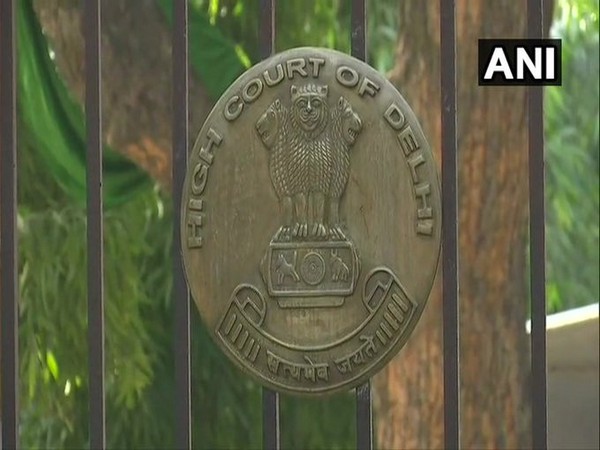Delhi High Court Paves Way for Posthumous Parenthood
The Delhi High Court instructed Sir Ganga Ram Hospital to release a deceased man's frozen sperm to his parents for posthumous reproduction, highlighting the absence of legal prohibitions in India. The decision came after the hospital refused pending court direction, with implications for assisted reproductive laws.

- Country:
- India
The Delhi High Court has mandated Sir Ganga Ram Hospital to release the frozen sperm of a deceased man to his parents, allowing them the opportunity for posthumous reproduction. This ruling clarifies that Indian law does not prohibit such reproductive practices.
Justice Prathiba M Singh issued this directive as she settled a petition from the deceased's father, who had been striving to obtain his late son's preserved sperm from the hospital. In her statement, Justice Singh acknowledged the absence of legal restrictions surrounding posthumous reproduction, providing a green light for the requested procedure.
Nevertheless, the court imposed restrictions, ensuring the sperm is not used for commercial purposes. In response to a plea initiated by the deceased man's parents, the court had previously communicated with the Ministry of Health and Family Welfare, as well as the hospital, highlighting the lack of existing Assisted Reproductive Technology (ATR) or Surrogacy Act guidelines addressing this unique scenario.
(With inputs from agencies.)










